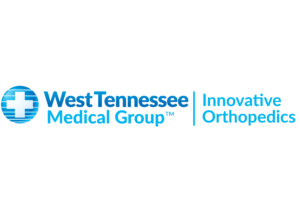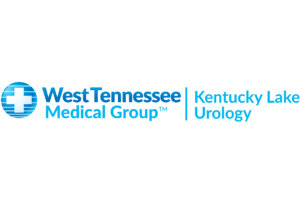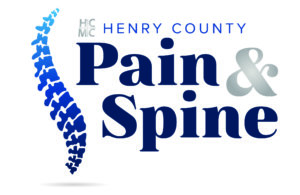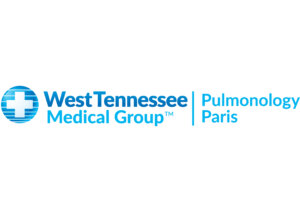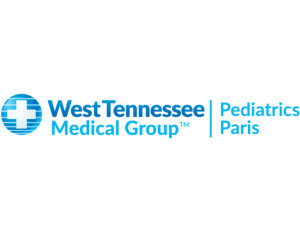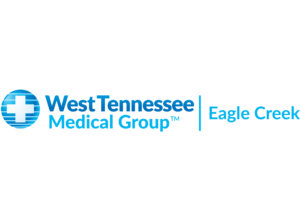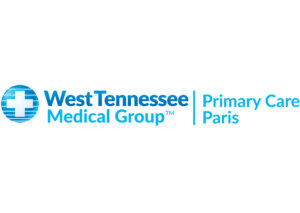
Heart disease is the leading cause of death for both men and women in the United States. February is Heart Health month which makes it an excellent opportunity to raise awareness about heart health and the actions necessary to keep your heart healthy. There are four key measurements of your health that you should be aware of. Abnormalities in any of these areas can be early warning signs for heart disease and diabetes.
The first measurement is blood pressure. Blood pressure measures the pressure in your arteries when your heart beats and in between beats. Normal blood pressure should be about 120/80. High blood pressure is often called the “silent killer” because many people don’t know they have it. High blood pressure often has no warning signs or symptoms so people are simply unaware that they have it. Regular blood pressure checks are very important to heart health to ensure blood pressure is staying at a normal level. The good news is high blood pressure can be treated fairly easily once it is identified. With lifestyle changes and sometimes medications, high blood pressure can be controlled.
The next measurement you should be aware of is cholesterol levels. Cholesterol is a soft, waxy substance found naturally in almost every cell of your body. However, too much cholesterol can accumulate on your blood vessel walls, where it hardens and turns into plaque. This can narrow your blood vessels, putting you at greater risk for heart disease. There are different types of cholesterol – the good cholesterol (HDL), bad cholesterol (LDL), and triglycerides. It is important to know all three of these numbers in order to determine your risk for heart disease. Like blood pressure, high cholesterol has no warning signs or symptoms. A simple blood test can tell you what your cholesterol levels are.
Another important measurement is blood sugar. People with diabetes have too much sugar in their blood. Over time, high blood sugar levels damage nerves and blood vessels making them more prone to damage from high blood pressure and high cholesterol levels. A simple blood test can check your blood sugar to ensure it is in a normal range. The earlier diabetes is diagnosed and controlled, the less damage to your cardiovascular system.
Weight is another key measurement relating to heart health. Obesity, especially in the form of extra fat around your midsection is a significant risk factor for both heart disease and diabetes. Excess fat affects your blood pressure, cholesterol levels, and interferes with your body’s ability to use insulin effectively, leading to high blood sugars. Body Mass Index (BMI) is a rough measure of the amount of fat in your body based on your weight and height and is fairly easy to calculate. A normal BMI is between 18.5 and 24.9.
Keeping track of all of these measurements is important to heart health and there are several ways to keep these numbers in a normal range. Eating a healthy diet and getting plenty of exercise is crucial to heart health and keeping blood pressure, cholesterol, diabetes, and weight in a normal range. Living a smoke-free lifestyle is also important. The chemicals in tobacco harm your blood cells and damage the structure and function of your heart and blood vessels. Reducing stress and limiting alcohol intake are also very important for heart health.
A yearly check up with your primary care provider can you help you keep track of these measurements and evaluate your heart health. Henry County Medical Center also offers quarterly screenings at Henry County Farm Bureau the first Thursday of the month in January, April, July and October. Additionally Henry County Medical Center will be having three drive-thru opportunities for Heart Health information on Friday, February 4. We will also be giving away Stay Well kits paid for by the RHC COVID-19 Testing and Mitigation funding that contains pulse oximeters, thermometers, masks, and hand sanitizers at this event. The event location and times are as follows:
- Eagle Creek Clinic from 9 a.m. until 11 a.m.
- Henry County Medical Center from 12 noon until 1:30 p.m.
- Paris Pediatrics from 2 p.m. until 4 p.m.
Call the HCMC Findline at 731-644-3463 for more information.
